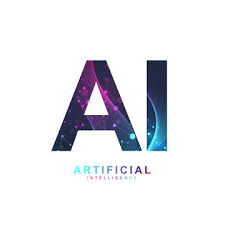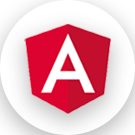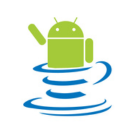Advanced Python

ADVANCED PYTHON: Have you mastered the basics of Python and crave more? Do you dream of tackling complex programming challenges, building sophisticated applications, and exploring the cutting edge of Python development? Then Saksham's Advanced Python course is your perfect launchpad!
This comprehensive program equips you with the in-depth knowledge and practical skills
to excel in advanced Python, allowing you to:
- Dive into libraries and frameworks: Master advanced libraries like NumPy, Pandas, TensorFlow, and Django, unlocking powerful functionalities for data analysis, machine learning, web development, and more.
- Explore object-oriented programming (OOP): Enhance your understanding of OOP concepts like inheritance, polymorphism, and encapsulation, enabling efficient and maintainable code creation.
- Conquer advanced data structures and algorithms: Gain expertise in advanced data structures (e.g., trees, graphs) and algorithms (e.g., sorting, searching), empowering you to tackle complex programming problems effectively.
Why Choose Advanced Python?
Advancing your Python skills unlocks exciting possibilities:
- Career Growth: Position yourself for lucrative career opportunities in various fields, including data science, web development, and machine learning.
- Problem-Solving Prowess: Tackle complex challenges with advanced Python functionalities, allowing you to design efficient and innovative solutions.
- Build Real-World Applications: Leverage your acquired knowledge to create sophisticated applications across diverse domains.
Saksham's Advanced Python course offers an engaging and practical learning experience:
- Expert-led video lectures
- Interactive exercises and projects
• Supportive learning community
Unlock the full potential of Python with Saksham! By enrolling in this advanced course, you'll gain the expertise and confidence to push the boundaries of Python programming and embark on a rewarding career path.
Start your advanced Python journey today with Saksham!














